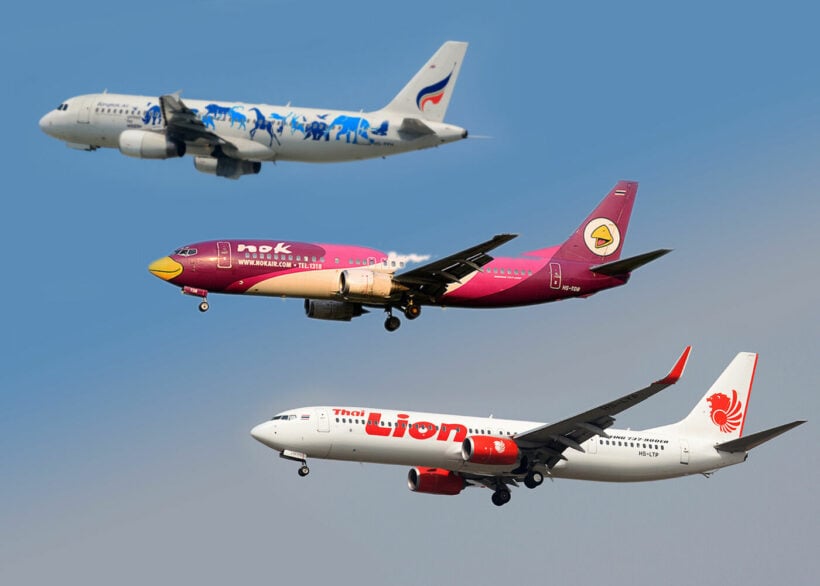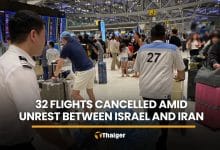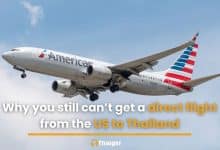Airlines battle high operation costs, ask for government help

With tourists slowly returning to Thailand, airlines are fighting to stay afloat as they battle soaring operating costs, especially with the high price of fuel, and are calling for government assistance. The surge in passengers this month and over this 5-day weekend may not be enough to offset the coming low season after over 2 years of limited travel during the pandemic.
The cost of petrol is one major factor, with fuel accounting for 35% of airline operational costs, up from a maximum of 30% before, according to the head of commercial operations for Thai Lion Air. And while oil prices are beginning to creep down a bit, those price changes will take longer to affect the airline industry. The lowered value of the baht also affects operating costs and fuel costs.
Flights are more full this week, hitting 70% of capacity, fueled by the 5-day holiday and people trekking to religious sites for Buddhist Lent tomorrow. Areas like Hat Yai, Phuket, and Ubon Ratchathani – where a candle festival is held each year to mark the start of Buddhist Lent – are attracting large amounts of air travellers.
Airlines are asking for government support as they pull out of the pandemic and are already working with the Tourism Authority of Thailand to promote travel. They have been adjusting their flight schedules to match the travel demand. The aviation industry has suggested a reduction in flight taxes and fees like landing taxes and parking fees for planes.
But the days of super-discount flights are gone, at least for now. With fewer flights operating, there are fewer total seats available, and airlines just can’t afford to sacrifice them with deep-discount promotions. Airlines are stuck between rising operating costs and cutthroat price battles with each other as budget carriers like Thai Lion and Nok Air fight for customers.
SOURCE: Bangkok Post
Latest Thailand News
Follow The Thaiger on Google News:


























